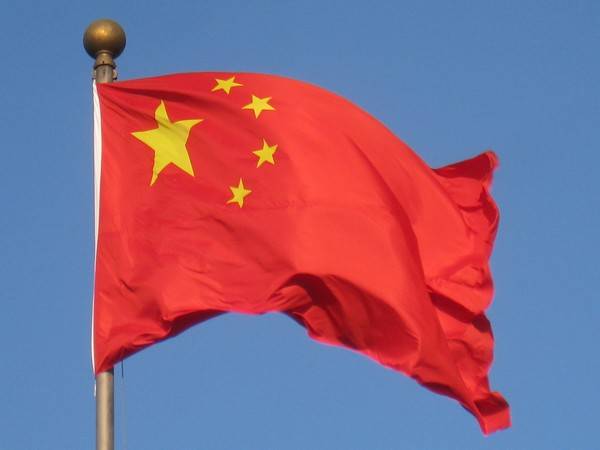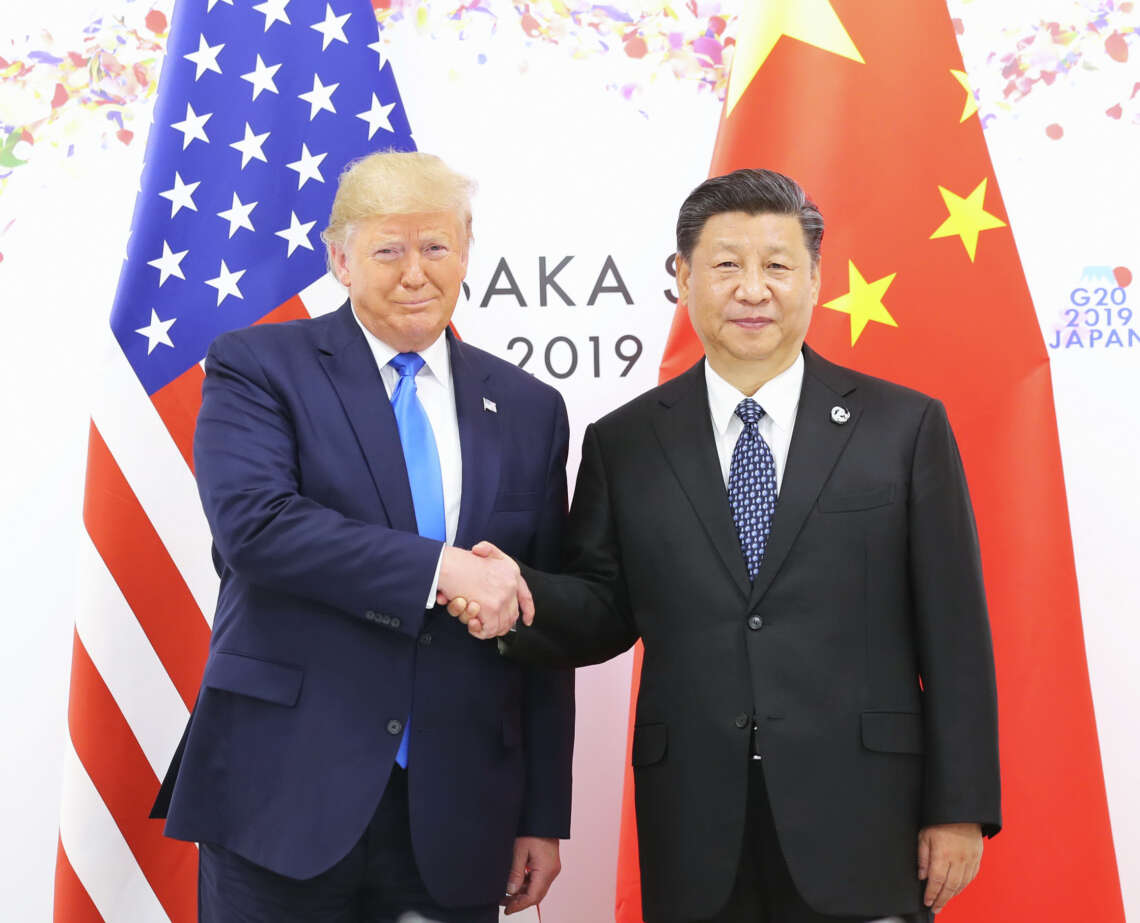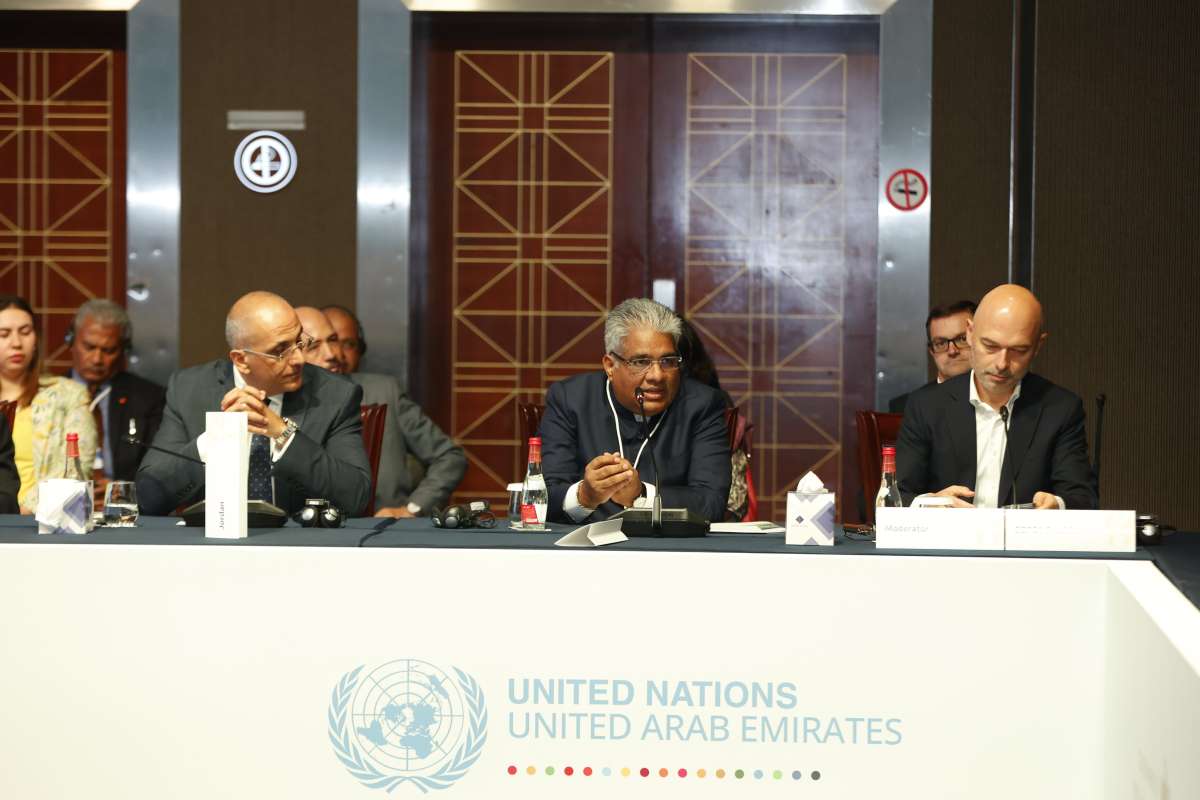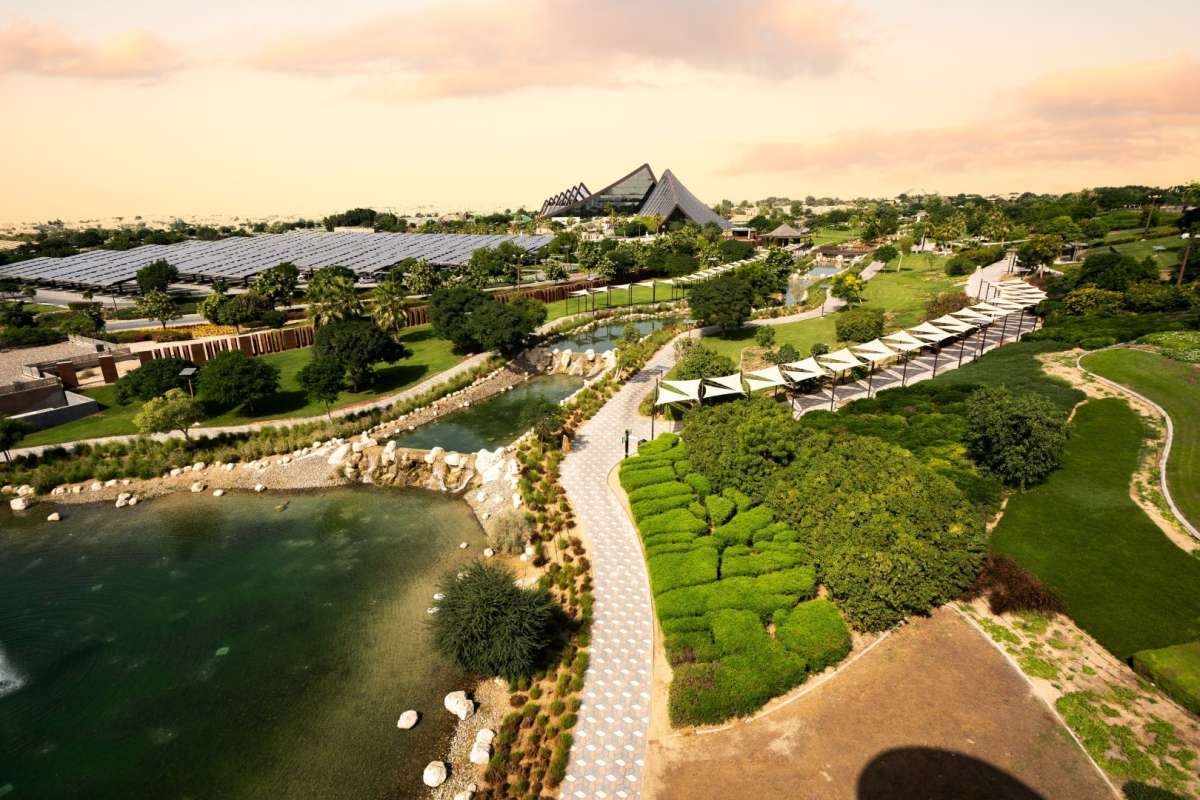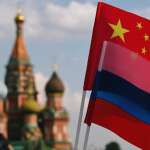Sudan is located in the Horn of Africa. Despite having the geographical advantage, Sudan has so far not been able to exploit the world’s busiest sea lane…reports Asian Lite news
The United Arab Emirates (UAE) is set to build a new port in the Red Sea in Sudan as part of a new investment deal between the two countries, the first such significant foreign investment since the end of Al Bashir’s regime.
The USD 6 billion worth deal represents the first major foreign partnership in Port Sudan. The proposed Abu Hamama Port is located about 200 kilometres north of Port Sudan. This project will include free trade, and an industrial zone modelled after Dubai’s Jebel Ali and a small international airport, Financial Post reported.
Sudan is located in the Horn of Africa. Despite having the geographical advantage, Sudan has so far not been able to exploit the world’s busiest sea lane.
Plagued with infrastructure challenges and ethnic strife, its only major port, Port Sudan, has so far been unable to generate the revenue it was supposed to.
Against this backdrop, the proposed investment by UAE is set to provide respite to Sudan’s volatile economy. As per media reports, this port project will create more employment opportunities, and it may also encourage tourism and benefit the economy. Adding to that, revenue generated from this investment could benefit other regions of Sudan.
Amid Sudan’s bid to boost the economy, China is creating roadblocks to the proposed project and coercing the Sudanese government to walk away from the port deal with UAE.
“Beijing knows how to adequately exploit and penetrate the political-economic-military network of the African region from a strategic point of view. These are evident from the investments it has made in Africa. For example, China made its first military base abroad in Djibouti, a small but strategically important country in the Horn of Africa,” the Financial Post report said.
It adds that China’s prolonged focus on consolidating market monopoly in the African region is furthered by its flagship Belt and Road Initiative (BRI).
China has reportedly lured African nations into a debt burden with easy loans to exploit raw materials and tap the abundance of natural resources. Poverty-stricken Sudan is no different.
Sudan has been under the huge debt of China and it owes more than USD 20 billion to Beijing. Using this leverage, China plans to dissuade Sudan from going ahead with the port project. (ANI)


